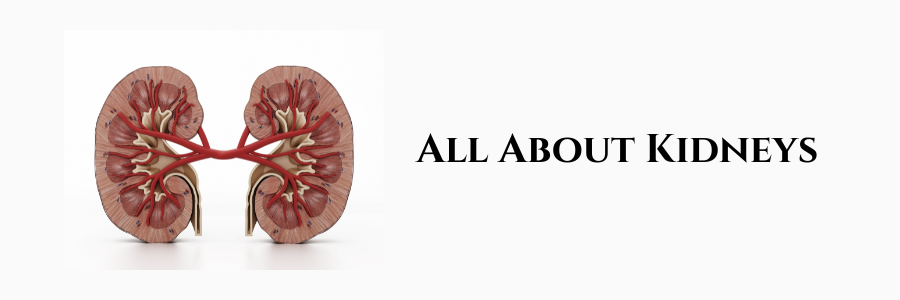Physiology

All About Kidneys
Anatomy and Structure Location: Kidneys are located on either side of the spine, just below the ribcage, in the retroperitoneal space. Shape and Size: Each kidney is bean-shaped, typically about 10-12 cm. Components: Functions of the Kidneys Filtration: Regulation of Homeostasis: Hormone Production: Blood Pressure Regulation: Detoxification: Diagnostic Tools Blood ... Read More

Citric Acid Cycle: A Journey Into Cellular Metabolism
The Citric Acid Cycle, also known as the Krebs Cycle or TCA Cycle, is foundational to understanding how our cells produce energy. This intricate pathway converts nutrients into usable energy, driving every cellular function. Let’s delve into the details of this essential cycle and its broader implications. The Central Role ... Read More

Gluconeogenesis | Formation of Carbohydrates
Gluconeogenesis is a metabolic pathway of glucose formation from amino acids and the glycerol portion of fat. About 60 percent of the amino acids in the body proteins can be converted easily into carbohydrates; the remaining 40 percent have chemical configurations that make this difficult or impossible. Each amino acid ... Read More

Physiology of the Gastrointestinal Tract
The gastrointestinal tract stretches from the mouth to the anus and consists of our main anatomical areas; the esophagus, the stomach, the small intestine and the large intestine or colon. The wall of the gastrointestinal tract is essentially similar in structure along its length, consisting of our principal histological layers: ... Read More

Physiological Factors Influencing Oral Drug Absorption
The gastrointestinal tract is complex. Figure 1 outlines some of the main structures involved in and key physiological parameters that affect oral drug absorption. In order to gain an insight into the numerous actors that can potentially influence the rate and extent of drug absorption into the systemic circulation, a ... Read More

Humoral Control of the Circulation
Humoral control of the circulation means control by substances secreted or absorbed into the body fluids- such as hormones and locally produced factors. Among the most important of the humoral factors that affect circulatory function are the following: Vasoconstrictor Agents Norepinephrine and Epinephrine: Norepinephrine is an especially powerful vasoconstrictor hormone; ... Read More
